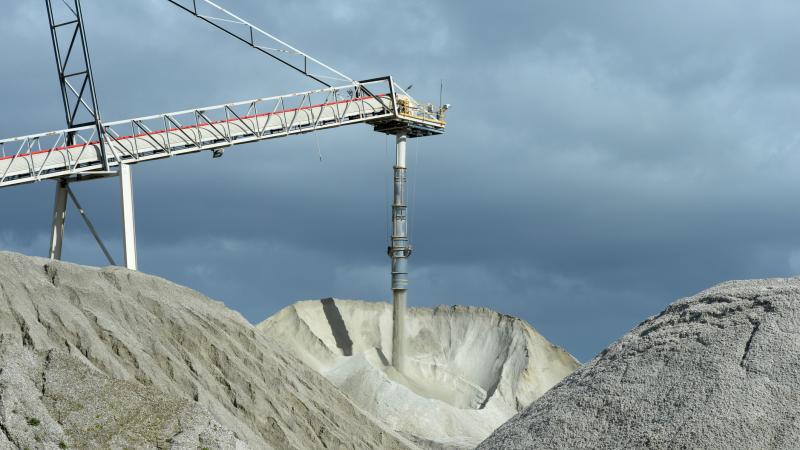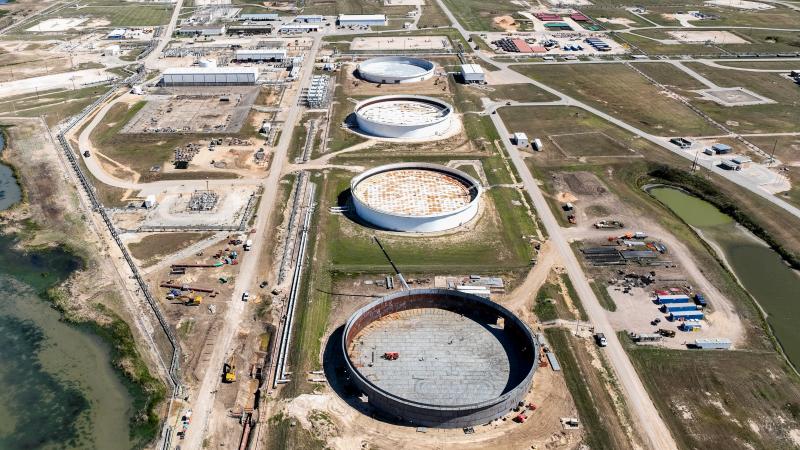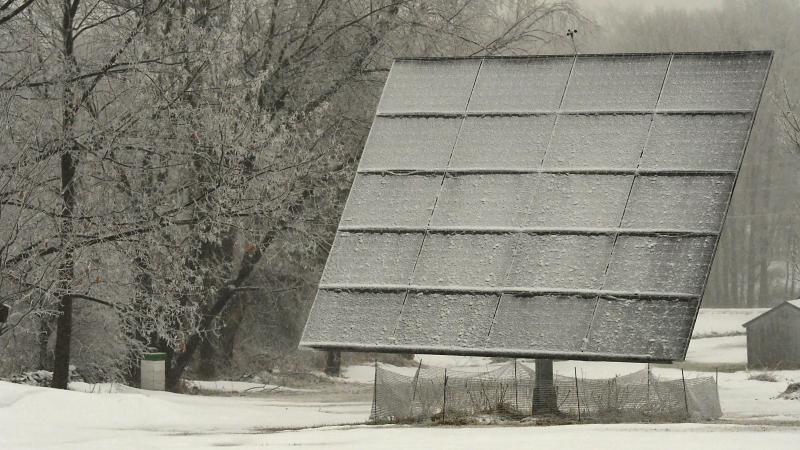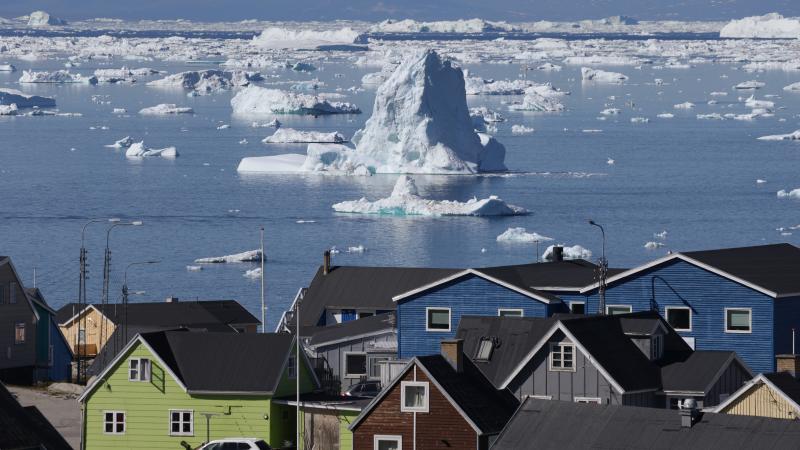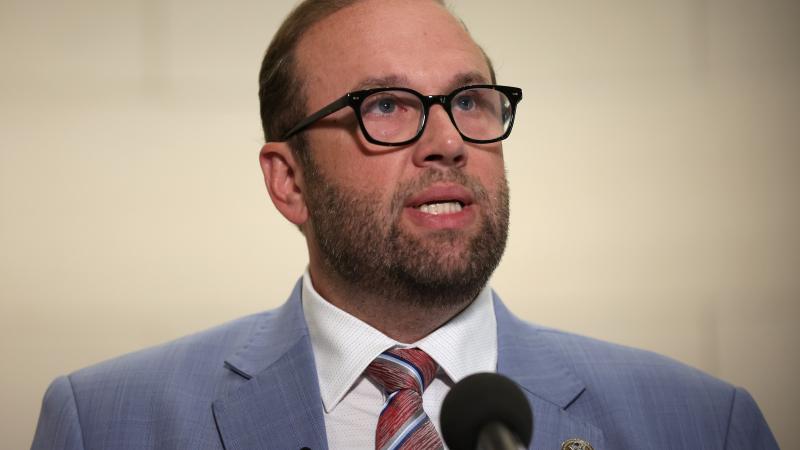Reversing Biden policies, Trump 'unleashing' energy potential in Alaska
This includes reinstating a program to make the entire 1.56-million-acre Coastal Plain of the Arctic National Wildlife Refuge (ANWR) available for oil and natural gas leasing.
(The Center Square) -
In another reversal of Biden administration policies, the Trump administration is taking action to encourage energy production in Alaska.
In response to President Donald Trump’s executive order, “Unleashing American Energy,” Department of the Interior Secretary Doug Burgum issued an order, “Unleashing Alaska’s Extraordinary Resource Potential.” In it, he directs the Bureau of Land Management to reopen up to 82% of the National Petroleum Reserve in Alaska for oil and natural gas leasing.
In response, the BLM announced it “will pursue steps to expand opportunities for exploration and development in the National Petroleum Reserve in Alaska and the Coastal Plain of the Arctic National Wildlife Refuge.”
“It’s time for the U.S. to embrace Alaska’s abundant and largely untapped resources as a pathway to prosperity for the Nation, including Alaskans,” Burgum said. “For far too long, the federal government has created too many barriers to capitalizing on the state’s energy potential. Interior is committed to recognizing the central role the State of Alaska plays in meeting our nation’s energy needs, while providing tremendous economic opportunity for Alaskans.”
This includes reinstating a program to make the entire 1.56-million-acre Coastal Plain of the Arctic National Wildlife Refuge (ANWR) available for oil and natural gas leasing. Doing so will “fulfill Congress’ intent in the 2017 Tax Cuts and Jobs Act and advance American Energy Dominance, while maintaining strong protections for important surface resources and uses in the Coastal Plain,” the Interior Department says.
In Trump’s first term, his administration approved seven oil and gas leases in ANWR in January 2021. The Biden administration canceled them in late 2023, prompting lawsuits.
The Biden administration also restricted development on more than 50% of the ANWR, which directly impacted the Iñupiat North Slope community. In response, the community argued the administration was trying to “silence indigenous voices in the Arctic,” The Center Square reported.
The community has stewarded its ancestral homelands for thousands of years, predating the creation of the U.S. federal government, the Interior Department and the state of Alaska, they argue. They advocate for economic development projects in the North Slope, explaining that more than 95% of their tax base comes from resource development infrastructure. Tax revenue funds public school education, health clinics, water and sewage systems, wildlife management and research and other services that otherwise would not exist, they argue.
Last year, U.S. House Republicans passed Alaska’s Right to Produce Act to reverse Biden administration policies by establishing the Coastal Plain oil and gas leasing program to allow oil and natural gas leasing on 13 million acres of public land in the North Slope. The bill went nowhere in the Democratic-controlled Senate.
The BLM is also looking for ways to expand energy development in ANWR’s roughly 23 million acres, it says.
It is also taking action to move forward with the proposed Ambler Road and Alaska Liquified Natural Gas Pipeline projects.
In order to facilitate this, it’s revoking withdrawals along the Trans-Alaska Pipeline Corridor and Dalton Highway north of the Yukon River in order to convey the lands to state of Alaska, it announced.
Doing so will “help pave the way forward for the proposed Ambler Road and the Alaska Liquified Natural Gas Pipeline project, two projects that stand to increase job opportunities and encourage Alaska’s economic growth,” it said.
